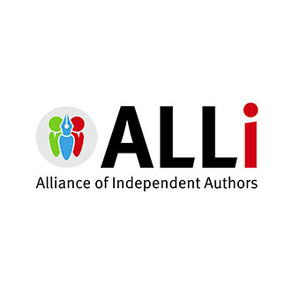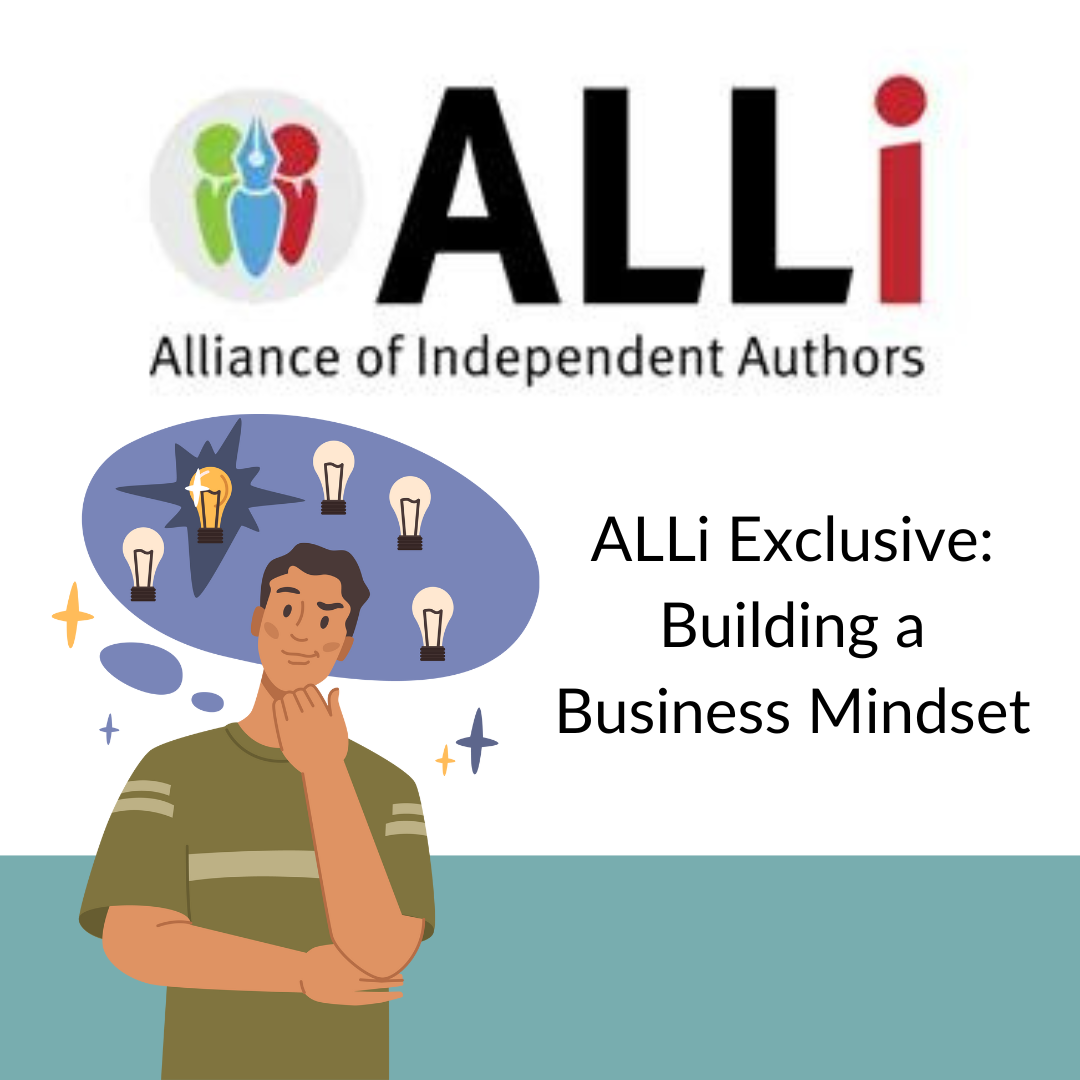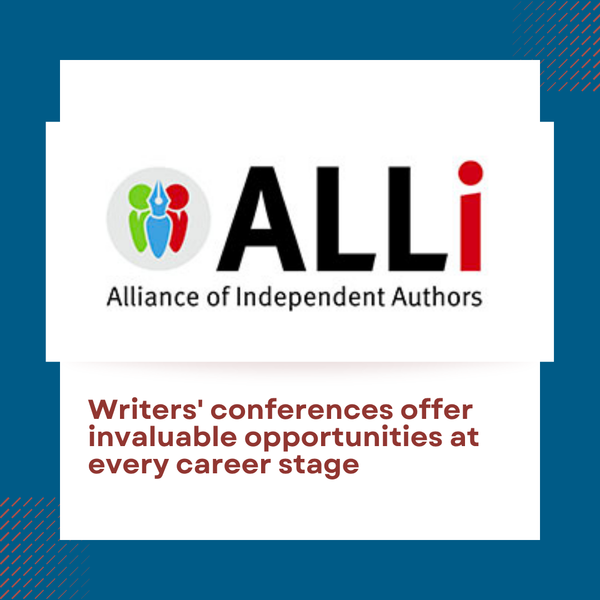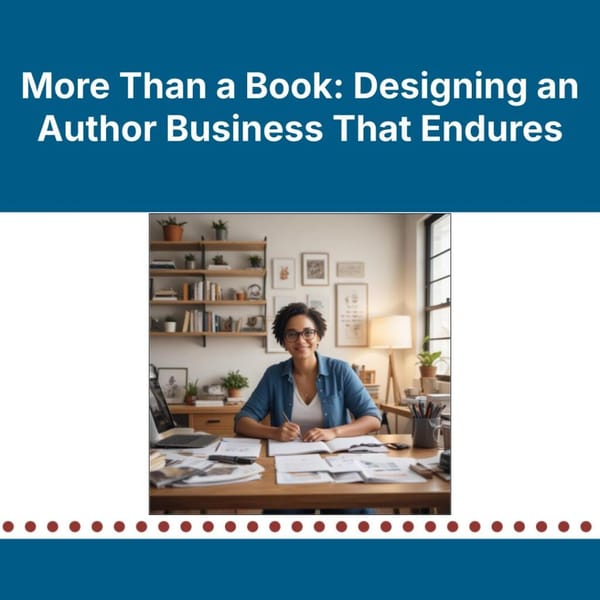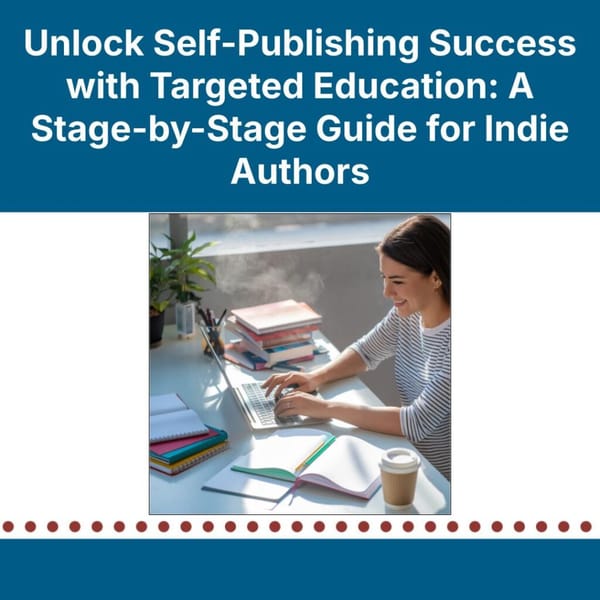For successful authors, writing is not just an art. It is also a business. In fact, the Alliance of Independent Authors (ALLi) refers to its top tier members, who have access to special benefits, such as a literary agent, as “authorpreneurs” because they are authors but also entrepreneurs. It’s a mindset all authors who wish to be successful should consider adopting. And at each stage of your business, there are ways to develop that business mindset.
Beginners
When starting out, some authors want to publish and not spend any money doing so. We know meeting professional publishing standards can create a financial barrier for some authors. A good cover, for example, can cost $500. A good editor can cost $700 to $1,200, depending on the length of your book. As part of its commitment to advocacy, ALLi offers a guide on how to self-publish for free, as we do not want finances to be a barrier to any writer. You can find the guide here: http://allianceindependentauthors.org/campaigns/selfpub3.
However, this can also point to a mindset shift that needs to happen when you decide to self-publish. Self-published authors are publishers as well as writers, and publishing is a business. A business owner invests money to make more money, so you’ll do best if you think more about return on investment than costs when it comes to certain expenses. This mindset shift can take time—and seeing some profits—before it sinks in, so start small. Instead of asking, “How much does it cost?” get into the habit of asking, “How much return can I expect on this investment once I can afford it?” There is no business where you would expect success without putting in at least a little money up front.
Another important part of building a business is having the right people around you. The term “self-publishing” implies you’ll be doing everything on your own. In actuality, taking on every responsibility yourself will not only wear you out but also result in a lower quality product. Successful indie authors take the time to choose great cover designers, excellent editors, and professional software, among other elements, to lighten the load on themselves. ALLi’s book Choose the Best Self-Publishing Services: ALLi’s Guide to Assembling Your Tools and Your Team by John Doppler can be useful for choosing services that work for you, and ALLi’s Vetted Services Directory has a comprehensive list of publishing services, all of whom have been checked for quality and value. Both are free to members and available for sale to non-members.
Self-published authors also benefit from collaborating with their fellow authors and being ready to learn new skills as they go along. Indie authors today are in a great position to learn from some of the most successful self-publishers. There is a wealth of excellent advice, both free and paid, within the industry, so even if you are new to self-publishing, you can confidently make good publishing plans and set them in motion. ALLi’s book Creative Self-Publishing covers the seven processes of self-publishing, step by step. This is free for members or can be bought at ALLi’s online bookstore, https://selfpublishingadvice.org/bookshop, by non-members. Chapters 20–23 cover distribution, marketing, promotion, and licensing rights.
Emerging Authors
As authors move on from those early days of publishing, their business mindset also grows. Parts 7 and 8 of Creative Self-Publishing focus on what it means to be a creative business and offer different business models to consider. Where many authors might begin with an exclusive model in which they only publish to Amazon, for example, others may consider other options, from “going wide,” or publishing non-exclusively, to a “creator” model, which sees authors selling directly to readers and includes various products and services alongside books, such as premium digital content, subscriptions, memberships, reader clubs, paid video and audio content, crowdfunding, and/or patronage.
Many emerging authors may hope one day to pass on marketing work to an outside agency, but recent data has shown that the most successful indie authors still do their own marketing, even if they use tools or assistants to help, as they know their books and care about them more than anyone else. Some even enjoy putting on different “hats”—being a writer for part of their day and a marketer for the rest.
Marketing is a creative area of business work, so being a creative person already will stand you in good stead. Get to know your readers, then think about how to connect with them in new and engaging ways. ALLi has regular blog posts and podcast episodes on all aspects of marketing to give you new ideas on how to enliven your reader connections.
As your author career grows, be sure to set aside time for business just like you do for writing. Start by reading ALLi’s Big Indie Author Data Drop report (https://allianceindependentauthors.org/facts), which is a visual guide to facts and figures about the self-publishing industry that all authors should know.
Experienced Authors
Even the most experienced indie author can miss some business opportunities. It’s worth taking strategic planning time away from your already successful writing and publishing business to consider what next steps you could take.
Seventy-five percent of indie authors have not put in place a will that covers their literary estate. In the US, books remain in copyright and can make money for seventy years after the author’s death, if well managed, so this can be a big missed opportunity. Setting up such a will and a guide to managing your IP could be an important step for experienced authors to take. ALLi’s The Author Estate Book and The Author Heir Handbook, available in the ALLi bookstore under Author Handbooks, can guide you through the process.
Although an experienced author can achieve many publishing opportunities by themselves, at a certain level, it makes sense to explore what rights could be better exploited by licensing IP. Receiving self-publishing commissions or publisher royalties is only one revenue stream for your books. There are many other possibilities, from translations to video games, merchandising to print. Translation rights are a current hot topic among successful authors wanting to open up new markets. But the rights world is a complex mix of formats, platforms, apps, territories, and terms, and each market and buyer offers different opportunities and operates by different rules. How Authors Sell Publishing Rights is ALLi’s comprehensive guide to rights licensing, covering everything you need to begin successfully licensing your publishing rights. The guide is available in the online bookstore.
Work on making those mindset shifts toward being a more entrepreneurial author, and embrace the business side of your writing. It can be the difference between authors who are successful and those who wish they were.

